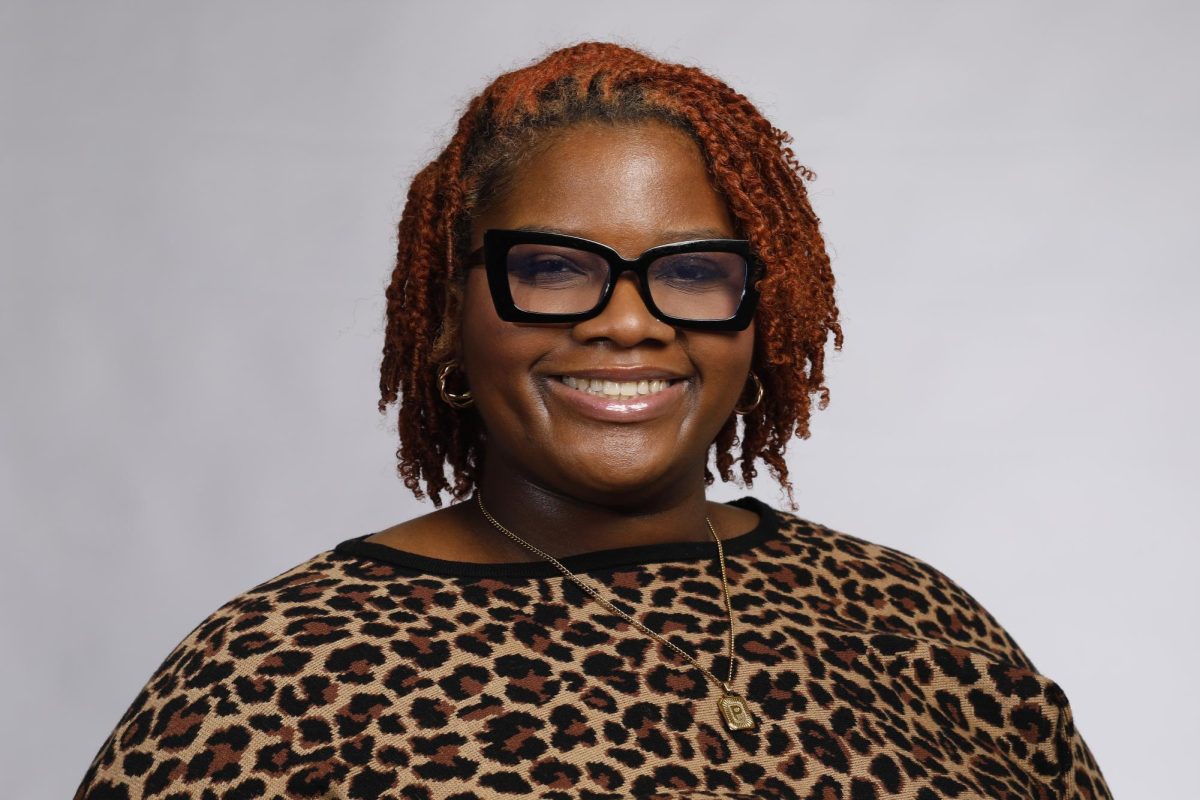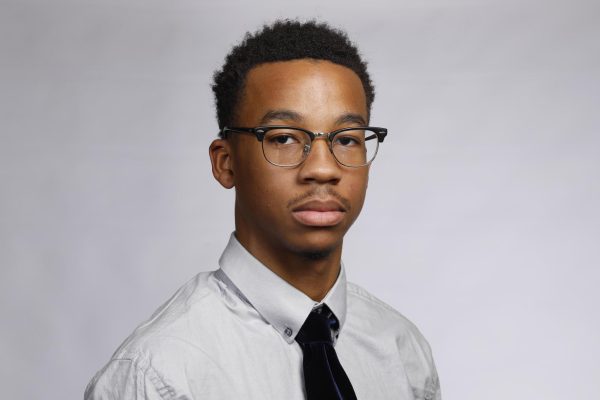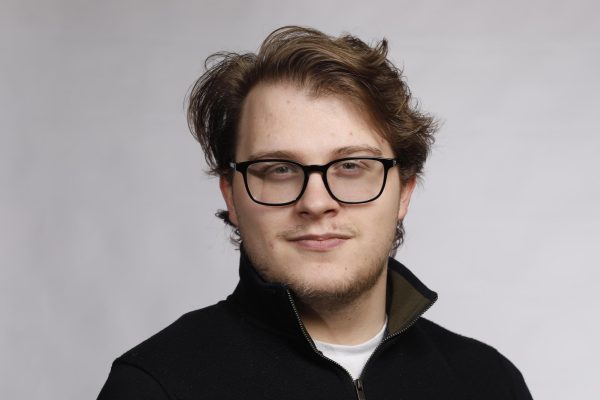The 12-minute short film (15 minutes with the credits) tackles big emotions.
When Daniel (Tom Dang) commits suicide, his mother Lan (Sumalee Montano) and father David (François Chau) go to an agency to have one more conversation with him.
The agency gives those wanting to communicate with someone who is dead another chance to interact with those they have lost. They fill out an application and genetic features of the person that they want to bring back and the agency sends an actor to impersonate them.
The purpose of the program is for “healing purposes” or “a rehearsal for a real interaction,” according to the film.
The writing and acting are the strongest and best aspects of the film. Regarding the acting, a lot of things are implied but are never expanded upon.
When Daniel first arrives at the house, he and his parents have a harsh dinner. There are a lot of mixed emotions between Lan and David.
Lan can’t comprehend that someone that looks like her deceased son is sitting across from her for dinner but is also just happy to get a glimpse of her son again. David is more so aggressive and upset that his son killed himself. He speaks to him aggressively because he was left without answers and his son’s death is still a mystery.
David asks why Daniel has not called, to which Daniel counters that his father did not want to hear from him.
We learn that his parents don’t know what day he even died because the police could not identify what day he killed himself.
It is suggested that Daniel killed himself in his apartment because of the way that his father treated him. Daniel had an interest in ballet and when his father caught him wearing slippers, he physically abused him and told Daniel not to wear them anymore.
Daniel’s father also verbally abused him by saying, “You’re better off dead” when Daniel left home. He left as a way to be accepted by his father and so that he wouldn’t be a burden to him anymore.
We, as the audience, are left to piece the puzzle together that Daniel is gay and his father did not accept him and punished him for it.
What is interesting is how Daniel found out. The dad was stunned to know that this actor knew this information considering that only the real Daniel and his father are to be the only ones to know about this instance.
David even questions if he was even talking to the real Daniel or if his wife told him about it, to which the actor reassured that he kept it to himself.
This scene is very intimate because this conversation is held between Daniel and his father in Daniel’s childhood bedroom. Once David hears everything that Daniel has to say, he sits with everything briefly before apologizing.
David sits with the concept that he is the reason that Daniel killed himself. The audience is also left to sit with these emotions and realization.
The acting during this scene is amazing and the lighting is very intimate which really puts us in room with them.
The mother eventually comes into the room where both parents are crying. All of the characters hug which is seemingly a sign of closure and seem somewhat more healed than before, as the service said it would help with.
Daniel leaves and his parents look satisfied to have this closure. Despite the short run time, there are a lot of high emotions with no build up, which is very impressive.
The one piece that we don’t know is how Daniel knows all of this information.
All of these high emotions are backed by a beautifully fitting score, which was created by Jérôme Leroy.
The film reminded me of the “Black Mirror” episode “Be Right Back.” In the episode people are able to stay in touch with the deceased with artificial intelligence.
This short film tackles a lot of situations that may resonate with a lot of people and can be a way for people, specifically parents, to reflect.
The only reason this does not get a 5/5 review from me is because films that I give perfect scores leave me feeling differently and change my perspective on something.
If you have 12 minutes to spare, I highly recommend this short film.
Rate: 4.5/5
Cam’ron Hardy can be reached at 581-2812 or at cahardy@eiu.edu.






![[Thumbnail Edition] Eastern Illinois softball senior infielder Briana Gonzalez resetting in the batter's box after a pitch at Williams Field during Eastern’s first game against Southeast Missouri State as Eastern split the games as Eastern lost the first game 3-0 and won the second 8-5 on March 28.](https://www.dailyeasternnews.com/wp-content/uploads/2025/04/SBSEMO_11_O-1-e1743993806746-1200x692.jpg)






![[Thumbnail Edition] Junior right-handed Pitcher Lukas Touma catches at the game against Bradley University Tuesday](https://www.dailyeasternnews.com/wp-content/uploads/2025/03/MBSN_14_O-e1743293284377-1200x670.jpg)

![[Thumbnail Edition] Senior Foward Macy McGlone, getsw the ball and gets the point during the first half of the game aginst Western Illinois University,, Eastern Illinois University Lost to Western Illinois University Thursday March 6 20205, 78-75 EIU lost making it the end of their season](https://www.dailyeasternnews.com/wp-content/uploads/2025/03/WBB_OVC_03_O-1-e1743361637111-1200x614.jpg)







































![The Weeklings lead guitarist John Merjave [Left] and guitarist Bob Burger [Right] perform "I Am the Walrus" at The Weeklings Beatles Bash concert in the Dvorak Concert Hall on Saturday.](https://www.dailyeasternnews.com/wp-content/uploads/2025/03/WL_01_O-1200x900.jpg)
![The team listens as its captain Patience Cox [Number 25] lectures to them about what's appropriate to talk about through practice during "The Wolves" on Thursday, March 6, in the Black Box Theatre in the Doudna Fine Arts Center in Charleston, Ill.](https://www.dailyeasternnews.com/wp-content/uploads/2025/03/WolvesPre-12-1200x800.jpg)


















